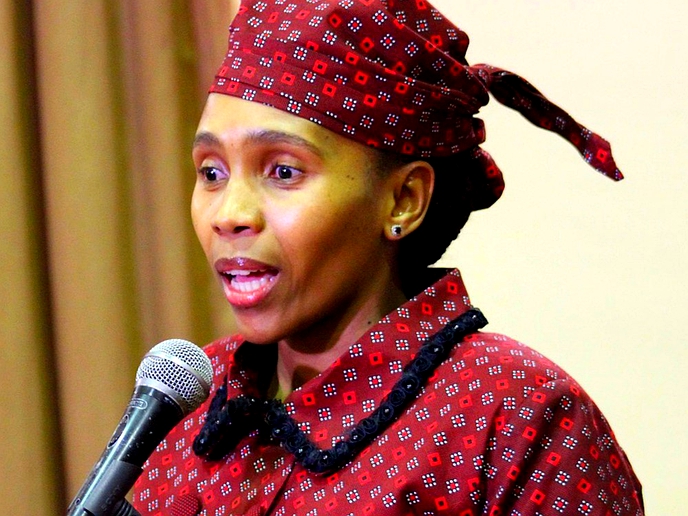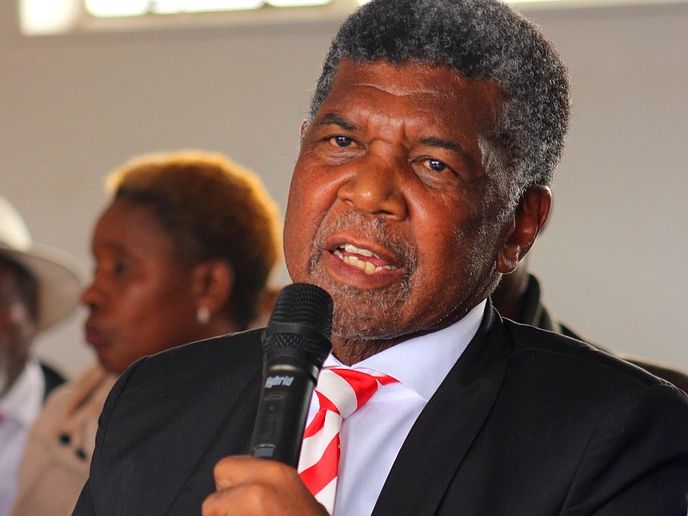International Day of Families is celebrated globally on May 15. As we observe this important day, it is timely to reflect on what makes a family happy and how can a family become a positive building block of the community.
society
May 9, 2019
FLORA TECKIE - Bahá'í
4 min read
A loving, unified and joyful family

Joyous family
Family has a great and far-reaching influence on the well-being and the social progress of its members. Healthy family relationships are as important for the happiness and contentment of each family member as they are for the well-being of the society. If loving, unified, vital and joyful, a family can provide the ideal conditions for the well-being of its members in all facets of life – physical, mental, emotional, and spiritual.
The Bahá’í Writings state: "If love and agreement are manifest in a single family, that family will become illumined and spiritual" and "… where unity existeth in a given family, the affairs of that family are conducted; what progress the members of that family make, how they prosper in the world, their concerns are in order, they enjoy comfort and tranquility, they are secure, their position is assured, they come to be envied by all”.
Despite the ever-evolving and often difficult situation in societies today, the family unit continues to provide the basic and practical
life experience, and to foster a sense of responsibility and of values such as love, caring and sharing.
Unity in the family and its impact on our communities According to the Universal House of Justice, the governing council of the Bahá’í international community: “The family unit, the nucleus of human society, constitutes a space within which praiseworthy morals and essential capacities must be developed, for the habits and patterns of conduct nurtured in the home are carried into the workplace, into the social and political life of the country, and finally into the arena of international relations”.
Therefore, a united and spiritually motivated family has a direct impact on the well-being of the wider community, the harmony of the nation, and, ultimately, the healthy functioning of human society. Thus, strengthening the family is necessary for individual well-being and development of a social order based on justice and unity.
The family provides a fertile ground to nurture children to love the Creator, to become spiritually minded, to "conform to the rules
of good conduct," and to acquire "all the graces and praiseworthy qualities of humankind".
The spiritual and social values that our children and youth learn at home will apply not only in the context of the family, but outside in
the local and national community, as well as in the world community itself. Therefore, we as parents need to devote time and effort to the children's upbringing. It is more effective, of course, to show our children what is right and how to behave by the example of our own lives.
Uniting both physically and spiritually Marriage is an important mechanism for the maturation, and realization of one's many potentials. According to the Bahá’í Writings marriage is "a fortress for well-being and salvation.” and married couples should strive to become "loving companions and comrades and at one with each other for time and eternity”.
Enjoy our daily newsletter from today
Access exclusive newsletters, along with previews of new media releases.
Marriage is intended to unite a couple "both physically and spiritually, that they may ever improve the spiritual life of each other.” No social structure has been able to replace marriage as a way of providing a balanced and stable environment in which children can grow and learn to become moral and social beings. Once we learn to give, to share, and to love in the context of marriage, then, these and other spiritual practices can enrich the entire family.
Preparation for marriage is an important element in ensuring a happy marriage. According to the Bahá'í Writings, the process of preparation for marriage should include a requirement for parental consent for the choice of a spouse. This does not mean that the marriage is arranged. Individuals would propose marriage to the persons of their own choice. However, once the choice is made, the parents have both the right and the obligation to weigh carefully whether to give consent to, and thus guide, their offspring in one of life's most important decisions.
This requirement helps to preserve unity within the marriage, and within the extended family. As did previous Messengers of God,
Bahá'u'lláh asks His followers to honour their parents. Obtaining parental permission for marriage reaffirms the importance of the bond between child and parent. It also helps to create a supportive network of parents in the often difficult first years of a marriage.
Bahá'ís view the belief and practice of the equality of men and women as an important factor which transforms relationships within a
family. Practicing gender equality within family creates a nurturing and positive atmosphere; it helps building partnership between the members of the family; and thereby further strengthens the family unit.
Creating a loving, unified and joyful family is achievable when practices of control, competition, and excessive individualism and independence give way to those of equality, cooperation, universality, and interdependence. This transformation can take place when the individuals try to serve one another, while at the same time keeping justice as the family’s guiding principle.
For feedback please contact: bahailesotho@leo.co.ls; or
call +266 56715009
Website: www.bahai.org
Tailored for you






